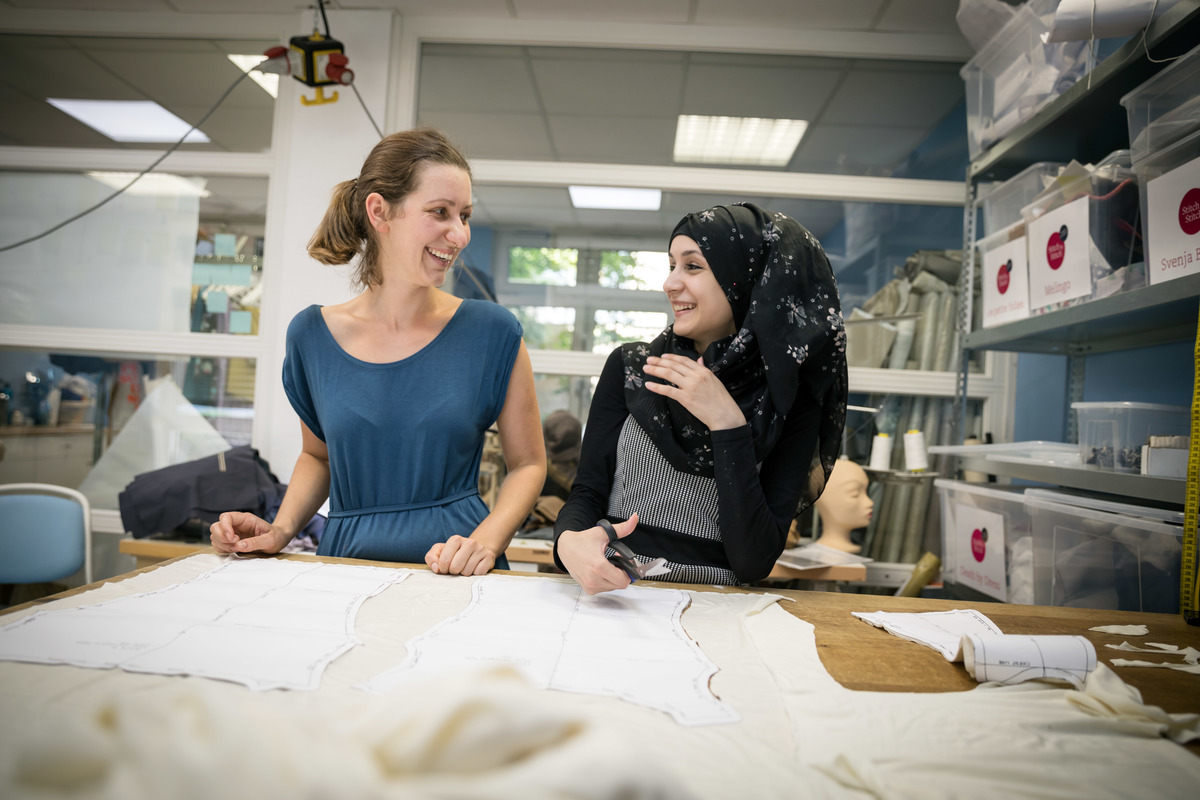'Legal clinic' on wheels paves way to a new life for Burundi returnees
'Legal clinic' on wheels paves way to a new life for Burundi returnees

MUYINGA, Burundi (UNHCR) - The work of the "legal clinic" is carried out on wheels.
Early in the morning, when the fog lifts, the Land Cruiser carrying a team of three lawyers from the UN refugee agency leaves the town of Muyinga in north-eastern Burundi for one of the many hills covered by eucalyptus and firs. As soon as the car stops in an open space, the first "clients" arrive.
They ask the lawyers for advice. Soon there are long queues of people hoping to find answers to myriad problems facing post-war Burundi. Normally, they are related to property and domestic disputes. Many returnees find their land and houses occupied. Others arrive with new families, causing tensions with those they had left behind.
UNHCR set the legal clinic in motion to help find answers to these problems before they come to a boil.
"This initiative is part of our effort to facilitate the reintegration of the returnees, providing them with knowledge of their rights and duties and also encouraging negotiated settlement of the disagreements," explains UNHCR protection assistant Nicolas Kaburaburyo.
Burundi is one of the countries where UNHCR is implementing the so-called "4 Rs" programme of return, rehabilitation, reintegration, and reconstruction. It aims to make returns sustainable with an assistance package that includes building houses, schools, wells and medical dispensaries, and providing legal advice, literacy courses for women and income-generating projects.
Says Kaba Guichard Neyaga, UNHCR Representative in Burundi: "In order to close its past of war and violence, the country needs the help of the international community. The refugees are returning with their poverty and have nothing to live on."
The Arusha agreements signed in 1990 state that by the end of this year, elections must be held in Burundi, a nation of almost 7 million people wracked by decades of civil strife that have left an estimated 300,000 people dead.
Burundian President Domitien Ndayizeye, with 20 years of exile behind him, is optimistic about the future. "We will do everything possible to hold elections in November. It is important for the refugees to return in time, just as it is important for any weapons still in circulation to be withdrawn," he says.
An estimated 500,000 Burundians are in Tanzania - victims of civil strife in the early 1970s and 1990s. Of this number, around 325,000 are assisted by UNHCR. Since the Forces for the Defence of Democracy (FDD), the main rebel group, signed the cease-fire in 2002, a progressive increase in returns has been seen from the 11 refugee camps in Tanzania.
Generosa Kabagnana, together with other representatives of the Lukole A camp in north-western Tanzania, took part in a "go-and-see" visit organised by UNHCR. "I was very excited, and in the little time available I forgot the questions I had wanted to ask. I saw my relatives again, and this gave me hope," says the 26-year-old woman. "What concerns me is how to get along with four children. Here at the camp we have very little, but it is sufficient."
Safety and day-to-day survival in Burundi are the main concerns of refugees in Tanzania. Often they sign up to go back, only to change their minds at the last minute. Nonetheless, the number of convoys has increased. In the transit centre of Kanembwa, in north-eastern Tanzania, weekly convoys have gone up from three to four. Since Kanembwa was opened in late January, around 20,000 persons have passed through this centre.
Burundian President Ndayizeye says peace in his country can only go forward if the economy improves. "When poverty is rampant, any matter - ethnic, political, regional - is a valid one for waging war." Some analysts point with concern to the country's current economic situation and, in particular, the lack of funds for implementing several measures envisaged by the peace agreements, such as the demobilisation of the soldiers and their integration into civil life.
The Kibira forest, just outside capital Bujumbura, still hides the last threat to peace, the other rebel group called National Liberation Front. It has recently sent positive signals. "It is only a question of time: we are moving toward an agreement with the FNL," states President Ndayizeye. "At that point, our fellow countrymen in exile will have nothing left to fear and will all be able to come back home."
By Laura Boldrini in Burundi









